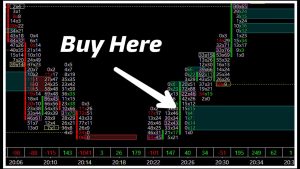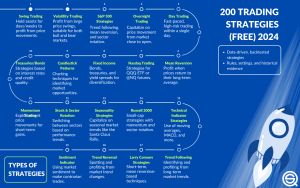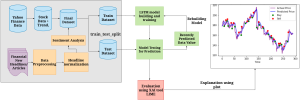Forex Broker Regulations – Security and Compliance.
3 min read
Forex is the largest and most liquid market on Earth. It’s also very large, and regulated regulation poses special difficulties; forex brokers need to protect the money invested by separating operational funds from deposits, as well as client assets, in order to guard clients.
They also must comply with the CFTC and NFA regarding financial disclosure, risk disclosure, recordkeeping requirements, reporting requirements and pending lawsuits as they occur. Additionally, Customer Due Diligence (CDD) and Know Your Client (KYC) must be undertaken.
Legality.
While regulatory systems will vary depending on where you’re located, the major financial hubs, like the US Commodity Futures Trading Commission (CFTC), the UK’s Financial Conduct Authority (FCA) and Australia’s Securities and Investments Commission (ASIC), offer excellent examples for regulation and public transparency around principals, business operations, pending or resolved complaints, and public records of principals operating in their jurisdictions; such information is crucially important for prospective traders to check the legitimacy of brokers.
In the decentralized, and large, forex market, compliance matters the most. Standardization allows brokers to work within the context of international financial regulations while also respecting investor rights. By requiring full broker risk disclosures, regulators enable an idealised trading market, which is just, open and trustworthy. Market participants must pick only regulated brokers, as this ensures legality and that the broker can pay back the money received if they are insolvent; check CFTC/NFA member numbers of the two agencies to be certain.
Regulations.
Forex brokers also have to adhere to rigorous regulations for maintaining the confidence of their clients and for the integrity of the market: customer due diligence, KYC, and anti-money laundering (AML) policies. It also guards against fake activities such as market manipulation or phishing, which can undermine investor’s confidence.
Furthermore, forex laws require brokers to notify customers of any risk factors pertaining trading strategies and investments so they can make informed trading choices based on their goals and tolerance. Brokers must also provide education materials and market commentary in order to develop the perfect trading space.
Regulated brokers will need to lock investors’ money away in an account tied to their financial assets, so that they can pay the debt without draining client accounts for payment. This obligation gives them authority and industry best practices.
Security.
The broker’s risk-discounting terms should also be provided. This helps keep traders fully aware of any potential risks that Forex trading could pose and they make decisions on them – it prevents manipulation of the market and also encourages trust among participants.
It is also a necessary security measure to separate the funds of clients and the brokers’ operational money, which in turn will protect clients in the event of default or bankruptcy, and to keep adequate capital in reserve to not access clients’ funds to repay loans. Authorized Forex brokers must also reserve adequate deposit to prevent this possibility.
A key part of a forex broker compliance process is a secured back-office platform for quick and safe deposit/withdrawal transactions and reporting to regulators. It must also have cybersecurity features like encryption, secure authentication, and meet PCI DSS regulations in order to prevent data breach or attack.
Compensation.
For Forex is a global trading space accessible to everyone who wants to be involved, thus becoming an attractive market for financial con artists that want to take advantage of unsuspecting traders. Therefore, brokers as well as traders should also maintain high compliance requirements to avoid getting suckered into these tricks.
As per CFTC rules members must make full risk disclosures to customers/investors prior to engaging them in the business of trading Forex. Such disclosures should include the member net capital requirement, complaints, activities and risks, and so on.
As a rule, licensed forex brokers should also hold investors’ funds away from the broker’s own money in order to avoid losing it to unreliable brokers. If it should go wrong, registered brokers have to refund investors up to certain limits determined by the regulating authorities – this means that foreign exchange markets will always be fair and safe for everyone.






